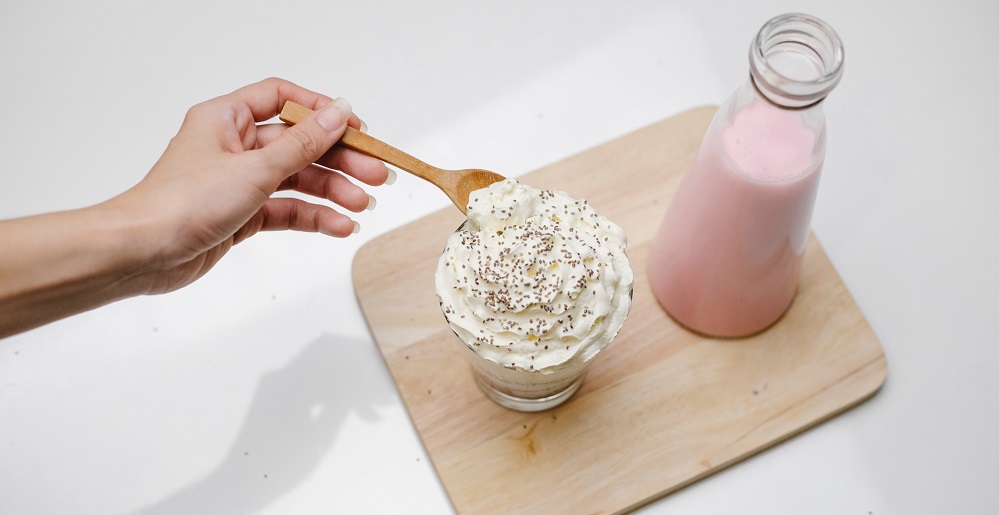I’m not going to tell you to smile and act like the world isn’t completely crazy right now. Pretending that everything is perfect won’t make you feel better, but there are things you can do to keep your spirits up. So, here are 10 REALISTIC tips that have helped me enjoy some sunshine within my little plastic bubble:
1. Peel Yourself Away From the News
Constantly bombarding yourself with bad news isn’t the best way to stay happy. I finally decided to limit myself to two “news nights” a week. Doing crossword puzzles makes me happier than doomsday scenarios.
2. Set Reasonable Goals
Setting specific goals every morning is a big help in staying positive. After reaching each goal, you’ll feel like you scaled Mount Everest (my laundry pile looks that way some days). Now I feel like a wonderful wife and mother again. I recommend keeping goals small (like washing laundry) so you don’t get stressed.
3. Cut Yourself Some Slack
Don’t expect perfection of yourself right now. You’re a human being, remember? Humans have emotions and fear is one of them. Just do the best you can. Your kids aren’t going to starve because you accidentally burned the chicken.
4. Forget About Things You Can’t Control
Recognize that you can’t do anything about what’s going on across town, let alone halfway across the country. What you can do is keep yourself healthy. Do your best to take care of your family and let the rest slide.
5. Focus on Giving
Helping other people makes you happy and brings purpose to life. You don’t have to do something huge. A beautiful note or phone call can make a major difference for friends and family. Every time you bring sunshine to a loved one, you should feel proud.
6. Smell the Roses
You may not be able to literally smell roses through a cloth mask, but there are good things to celebrate. Notice little things around you every day. You may love favorite melodies, certain foods (mine’s Greek yogurt), old photographs, love letters or the way fluffy carpet feels on bare feet.
7. Spend Time on Things That Mean Something
Watching TV all day was fun for a week. Now it just makes me feel like a pajama-covered bowl of Jell-O. Recently, I’ve discovered how awesome checking things off my to-do list is. You’re looking at the proud owner of a cute home office (formerly guest bedroom/box storage area).
8. Eat Three Meals a Day
Get up at the same time every morning and EAT BREAKFAST. This helps your body and mind to enjoy a semblance of routine. As creatures of habit, humans feel way better emotionally when life has structure.
9. Try Cooking New Recipes
Take advantage of a freer schedule to dust off great cookbooks and make recipes you haven’t tried before. A delicious menu with fresh fruit and veggies, proteins rich in Omega-3 and mood-enhancing spices such as ginger is just what the doctor ordered.
10. Connect With One Person a Day
With everyone sharing humorous videos constantly, feeling pressured to respond to messages instantly can stress instead of help. Instead, call or text one person a day. Laugh together, cry and really talk. That’s what friends are about.
Don't forget how important healthy nutrition is right now. Eating right increases levels of serotonin and dopamine — your brain’s happiness hormones. Salmon, poultry, spinach, eggs, milk and nuts are natural depression-fighting superfoods.











































